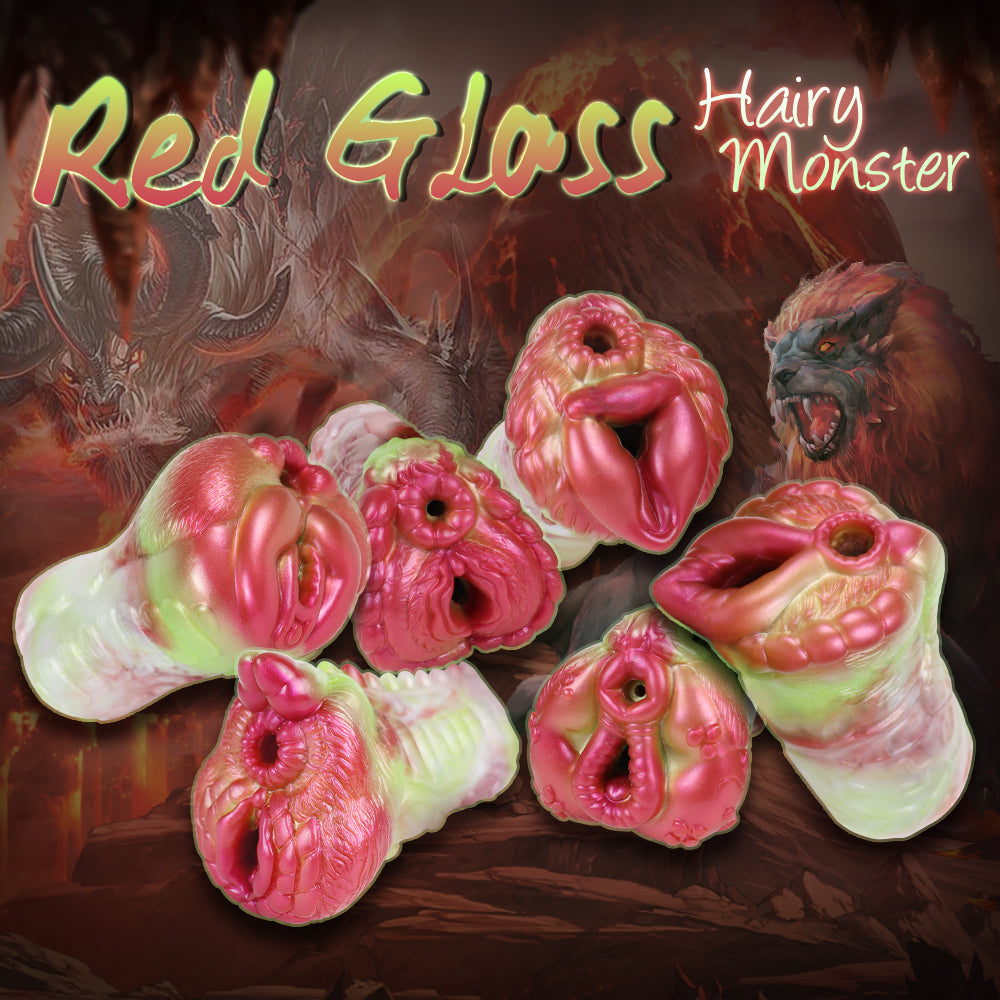Understanding Erectile Health: Myths, Facts, and Real Solutions
Erectile health is an essential part of men’s overall physical and emotional well-being. Yet, it’s surrounded by stigma, misinformation, and embarrassment that often prevent men from seeking help or speaking openly about it. Whether you’re experiencing occasional erection problems or simply want to maintain your sexual vitality, understanding how erections work—and the factors that affect them—is the first step toward lasting sexual confidence.
This comprehensive guide dives deep into erectile health, separating myths from facts and outlining real, science-backed solutions that can help men feel more in control of their bodies and pleasure.
Key Takeaways
- Erectile health reflects overall well-being—mind, body, and circulation.
- Myths and embarrassment often stop men from seeking real solutions.
- Lifestyle improvements, stress reduction, and medical guidance can revive natural performance.
- Modern pleasure devices and wellness tools offer safe ways to enhance blood flow and confidence.
- Always view erectile difficulties as signals—not failures—and use them to build better health and intimacy.
What Is Erectile Health?
How Erections Work: The Science Behind Sexual Function
- Neurological signals – Sexual arousal begins in the brain. When stimulated, the brain sends signals through the spinal cord to the pelvic nerves, triggering relaxation of muscles that control blood flow.
- Circulatory response – As muscles relax, blood flows freely into penile tissue. The veins constrict to trap the blood, maintaining firmness.
- Hormonal and psychological balance – Testosterone, dopamine, and nitric oxide play crucial roles in sexual desire, energy, and vascular response. Mental and emotional states also have powerful effects on sexual performance.
Common Myths About Erectile Health
Myth 1: Erectile Dysfunction Only Happens to Older Men
Myth 2: It’s Always a Psychological Problem
Myth 3: If You Fail Once, You Have ED
Myth 4: Supplements or “Miracle Pills” Can Instantly Fix It
Myth 5: Masturbation or Sex Toy Use Causes ED
Real Causes of Erectile Problems
1. Physical Health Factors
- Cardiovascular disease: Poor circulation, high cholesterol, and hypertension reduce blood flow to the penis.
- Diabetes: High blood sugar levels damage nerves and blood vessels.
- Obesity: Excess body fat lowers testosterone and restricts vascular efficiency.
- Hormonal imbalances: Low testosterone or thyroid issues can weaken arousal and erection strength.
- Medications: Some antidepressants, antihistamines, or blood pressure drugs can interfere with sexual function.
2. Psychological Factors
- Performance anxiety
- Depression or chronic stress
- Negative body image
- Relationship conflicts
3. Lifestyle Triggers
- Smoking, excessive alcohol, or drug use
- Lack of sleep and high cortisol levels
- Sedentary living or minimal exercise
- Unhealthy diet lacking key nutrients (zinc, magnesium, omega-3s)
Understanding Erections as a Window Into Overall Health
Natural and Lifestyle-Based Solutions
1. Optimize Your Diet
- Eat heart-healthy foods: leafy greens, berries, nuts, avocado, salmon, dark chocolate.
- Reduce refined sugar and saturated fats.
- Stay hydrated to improve circulation.
- Supplement wisely with zinc, magnesium, L-arginine, or omega-3s—after consulting a healthcare provider.
2. Stay Physically Active
- Regular cardio (30 minutes daily)
- Strength training
- Pelvic floor exercises (Kegels for men)
3. Prioritize Mental Health
4. Maintain Hormonal Balance
- Adequate sleep (7–8 hours)
- Reducing alcohol intake
- Managing weight
- Regular sunlight exposure for vitamin D
5. Explore Safe Pleasure Tools
- Improve blood flow through gentle stimulation
- Reduce performance pressure
- Enhance confidence and sexual endurance
Medical and Technological Solutions
1. Prescription Medications
2. Therapy and Counseling
3. Vacuum Erection Devices (VEDs)
4. Emerging Treatments
- Low-intensity shockwave therapy (Li-ESWT): Promotes new blood vessel growth.
- Platelet-rich plasma (PRP) injections: Stimulate natural tissue regeneration.
- Stem cell research: Shows potential for the future of erectile restoration.
When to Seek Professional Help
Maintaining Long-Term Erectile Health
- Regular checkups: Monitor blood pressure, glucose, and hormone levels.
- Sustainable routines: Small daily improvements are more powerful than extreme changes.
- Healthy sexuality: Explore pleasure, intimacy, and communication—not just performance.
- Body positivity: Remember, arousal is as much mental as physical.











